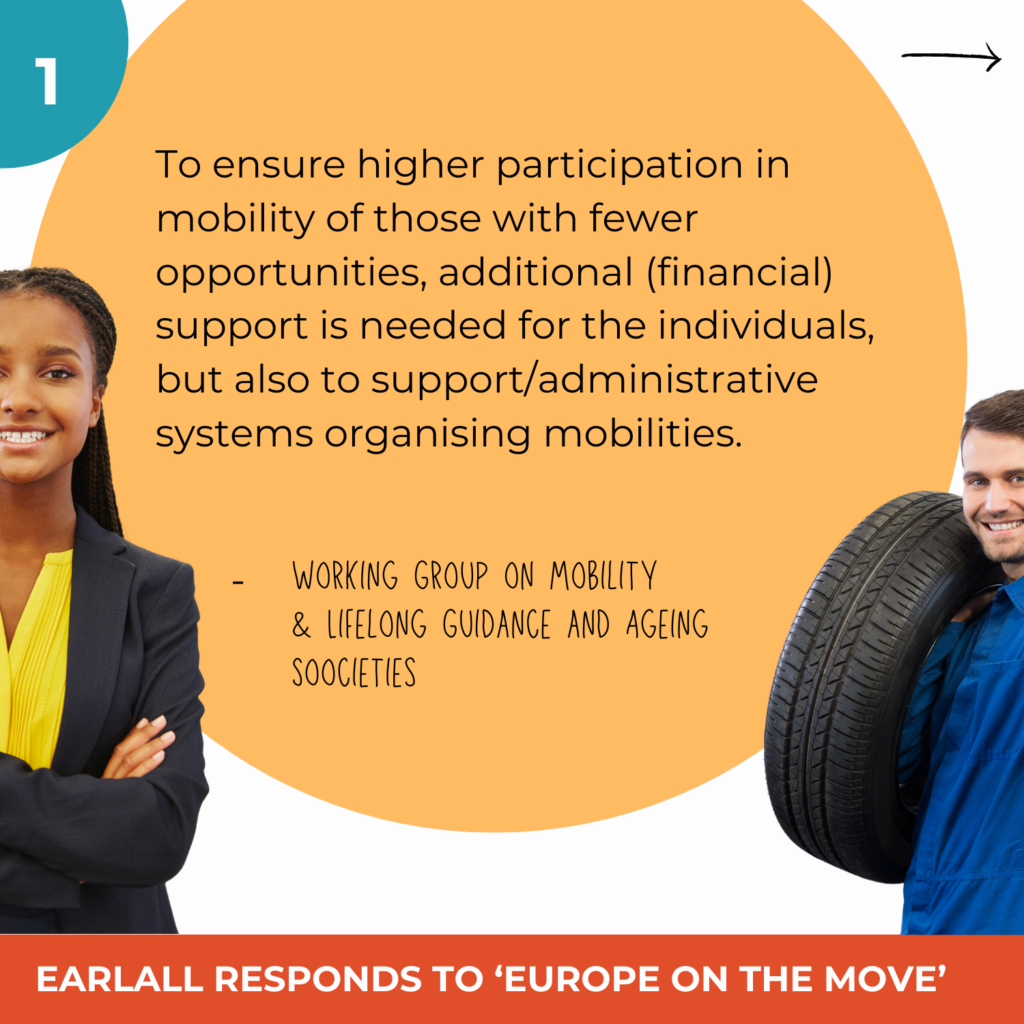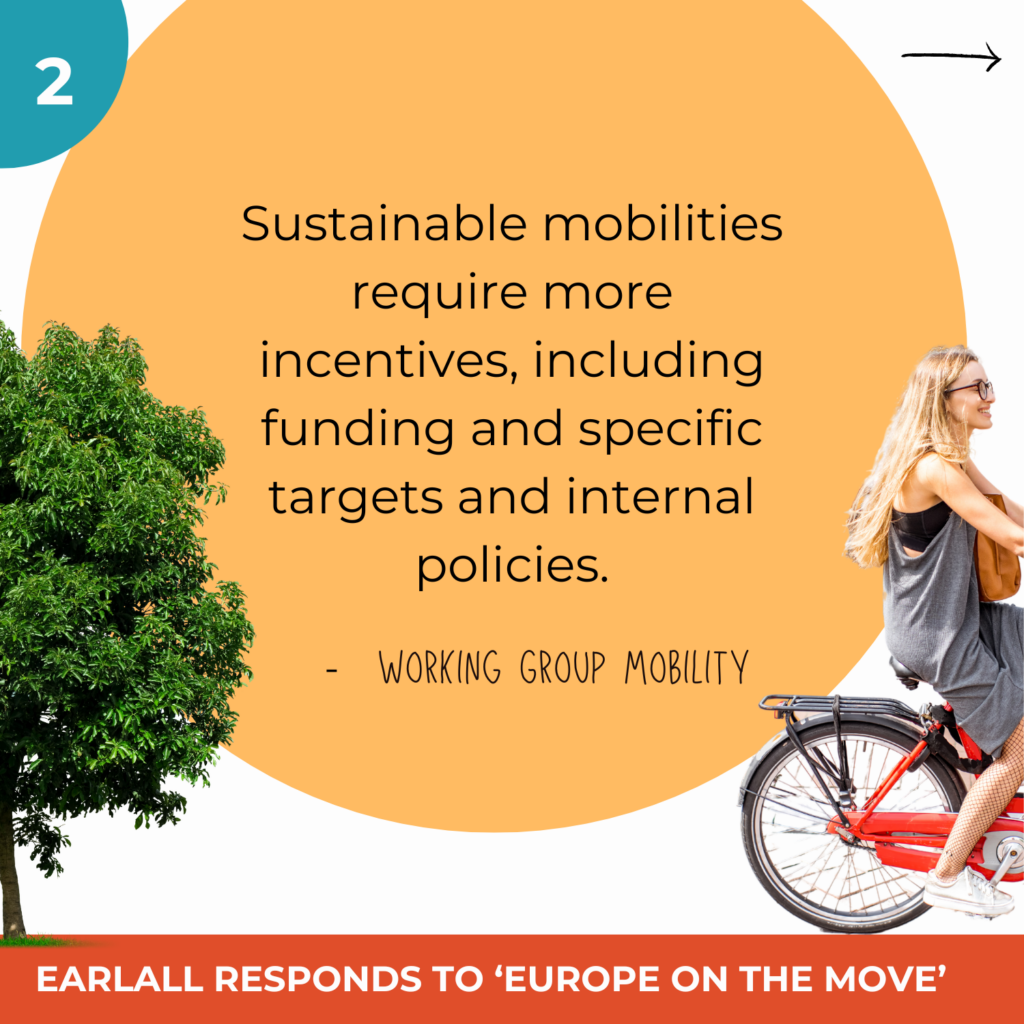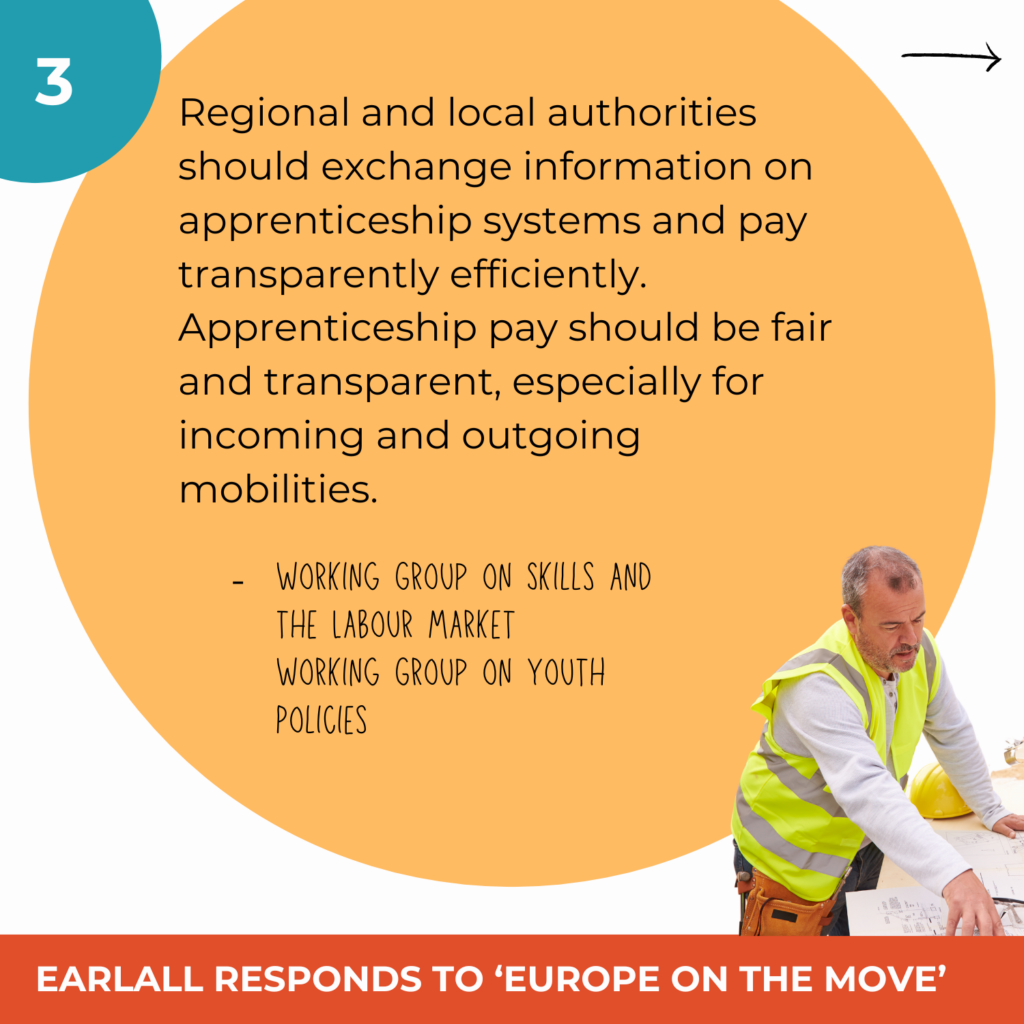EARLALL Working Groups response to the Proposal for the Council Recommendation ‘Europe on the Move: A Learning Mobility for all’
10/05/2024

Context
On 15 November 2023, the European Commission adopted the proposal for Council Recommendation ‘Europe on the Move’ – Learning Mobility for everyone. The initiative is part of the Skills and Talent Mobility Package.
Europe on the Move is the result of numerous consultations and calls for evidence, including the 2023 study “Supporting learning mobility: progress, obstacles and way forward”. The Proposal for the Council Recommendation aims to make learning mobility a standard and integral part of all education and training pathways, with a special focus in two annexes on Teacher and Apprenticeship mobility. The proposal includes three new EU-level targets by 2030:
- at least 25% of graduates in higher education should have a learning mobility experience, up from the present target of 20%
- at least 15% of vocational learners in vocational education and training (VET), should benefit from a learning mobility abroad, up from the previous target of 8% for 2025
- at least 20% of all learners benefiting from learning mobility abroad – in all education and training, and youth and sport systems – should be people with fewer opportunities
To support the achievement of these targets, Europe on the Move provides 12 recommendations to Member States. They can be consulted in the full Proposal. In addition to the main Proposal, Annex II also addresses how to increase apprenticeship mobility. The Proposal is set to be approved on 13-14 May 2024.
EARLALL recognises the importance of local and regional authorities in the implementation of the proposal
EARLALL, the European Association of Regional and Local Authorities for Lifelong Learning, welcomes the Proposal for a Recommendation, acknowledging that regional and local authorities have an important role in its implementation. Not only are they able to foster know-how between local education and training providers, including cross-sectoral cooperation, but they can also particularly contribute to the support of mobility of teachers, apprenticeships and disadvantaged learners.
Coordinated by the Working Group on Mobility, in cooperation with the Working Groups for Youth Policies; Guidance & Ageing Societies and Skills & the Labour Market, EARLALL members studied the Proposal and have concluded with three key messages. The network’s response highlights the need for best practices to accomplish some of the Proposal’s ambitious targets.
Three Key Messages from the EARLALL Network
1️⃣ To ensure higher participation in the mobility of those with fewer opportunities, additional (financial) support is needed for the individuals, but also to support/administrative systems organising mobilities.
The Proposal highlights the need to reach those with ‘fewer opportunities’, however, it does not make arrangements for specific additional funding or support that is required to encourage these individuals to participate in learning mobilities. Those from disadvantaged backgrounds may require further funding (ie to ensure accessible friendly travel, funding accompanying people), but also technical administration too (checks of destination, mental health support etc.)
Across the EARLALL network, there are inspirational practices of where local and regional authorities are working to increase the number of mobilities involving individuals with fewer opportunities.
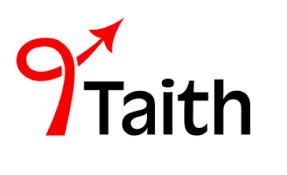
Wale’s Taith Programme: 100% Support and Ambitious Targets for Those with Fewer Opportunities
Taith is a Welsh Government-funded international learning exchange programme established to create life-changing opportunities for people in Wales to learn, study and volunteer all over the world. Taith is for people in every part of Wales, and in every type of education setting. The sectors eligible for funding are: Schools; Youth; Adult Education; Further Education and Vocational Education and Training and Higher Education (covering Education and Research). Taith is committed to reaching individuals and organisations who may face additional barriers to international learning exchange opportunities. They aim to improve access to international educational exchanges for people from underrepresented groups including Disabled people, people with additional learning needs, people from disadvantaged and ethnic minority backgrounds. Specifically, for the 2024 Pathway 2 call, they have introduced the target of 25% of all learners on mobilities to come from disadvantages backgrounds, including financially disadvantages, those with disabilities or caring responsibilities, refugees and asylum seekers. The ultimate target is 40%, but will progressive goals. As of 2024, 28% of all Taith mobilities were for those from these backgrounds. To encourage participants from these categories, Taith has appointed Taith Champions for the Schools, Youth and Adult Education sectors. The Champions are organisations embedded in their sectors who will look to support applications from organisations working with participants from underrepresented groups. They also provide financial incentives. For instance, they offer Disabled people and people with additional learning needs of up to 100% of actual costs for support directly related to their additional needs. This may include aspects such as: preparatory visits to carry out risk assessments and ensure the placement has the necessary access and support in place; to fund additional staff members to support participants; and/or to pay for equipment/adjustments/resources necessary for participation.

Trip to discover democratic values in Baden-Württemberg – refugees overcome financial and administrative obstacles when visiting the European Parliament in Strasbourg
Discovering European democratic values “life” – this was the goal of an ERASMUS+ KA1 mobility offer for young adults with a refugee background that live in the German region of Baden-Württemberg. Embedded in a workshop programme, a group of 20 youngsters travelled by train from Stuttgart to Strasbourg, an easy thing for most Europeans – but a tricky task for the group and those who organized the trip, mainly refugees themselves. Obstacles comprise: buying and paying group tickets for the train – if you have limited access to credit cards and bank accounts and if you are not familiar with the train ticket options and special offers of Deutsche Bahn and the TGV, organizing accommodation – again you need a credit card if you book for a group, buying tickets for public Transport in Strasbourg, considering the complicated tariffs and ticket machines, to be operated without French language skills, making sure that participants are able to turn up on time at the station very early in the morning, with public transport being limited during early morning hours and no parents available to drive their young adult children to the station, making sure that passports from all over the world or other types of ID papers are correct in order to cross the German border and enter the European Parliament during a plenary session – without the option to test before the trip, so you have to hope for the best. This is just a selection of issues that have to be tackled when organizing trips abroad for disadvantaged person.
2️⃣ Sustainable mobilities require more incentives, including funding and specific targets and internal policies
The Proposal for Europe on the Move acknowledges the need to make mobility more environmentally sustainable by making travelling with sustainable means of transform an integral part of the learning mobility experience, and providing adequate funding, as well as guidance, for sustainable travel. To achieve this however, specific targets and internal policies must be considered, as well as inspirational practices that integrate the green travel into the learning mobility.
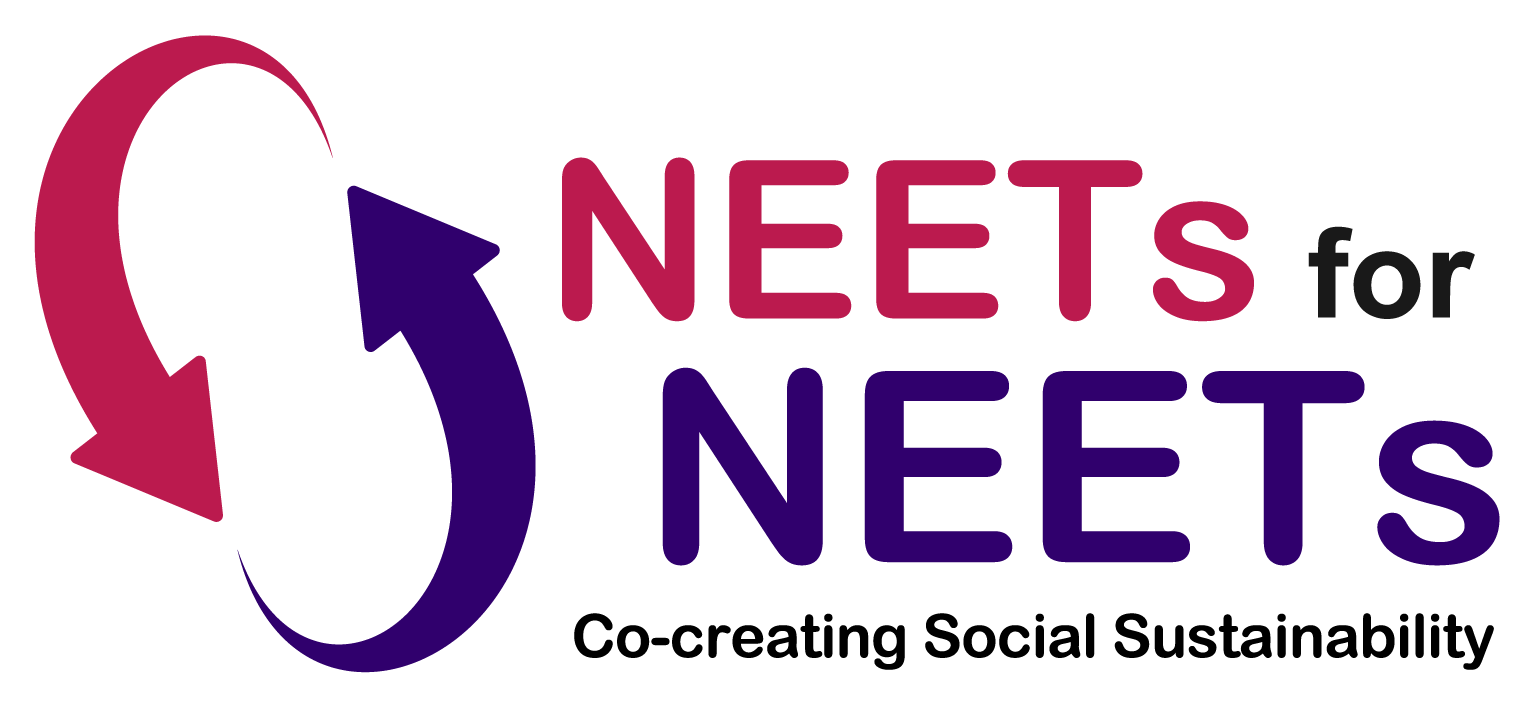
From Sweden to Germany via Ferry and Train in the NEETs for NEETs project
“During the Erasmus+ KA 2 project NEETs for NEETs, partners were encouraged by Erasmus+ to travel green with our project participants; both staff members and our target group of the project, i.e.; young people Not in Education, Employment or in Training (NEETs). Erasmus+ gave us financial incentives for spurring us to use the possibility of green mobility (410 EUROs in Green Travel support per participant). According to the project manager, “it is striking how deep bonds that were established between Swedish staff members & NEETs, thanks to the process of taking the ferry from Gothenburg to Kiel, and then the train from Kiel to Stuttgart, for attending our Learning, Teaching & Training activity (LTT) that took place during three inspiring days in Stuttgart, November 2022”. As a result, Swedish actors in Region Västra Götaland have raised the profile of green traveling as one of the major best practices gained from this project. The project manager adds that “we expect that stakeholders from Sweden (but also internationally) will follow our advice and start traveling green – not only for protecting the environment, but also for substantial social gains!” – NEETs for NEETs Project Manager
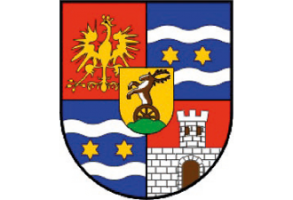
Sustainable travel in Varaždin, Croatia
As part of youth mobilities that Varazdin has participated in , they recognise that each journey is unique, especially when choosing the mode of transport. For local travel during stay, generally public transport is the most common solution. But innovation is always welcomed, and for example participants working in the Technology Park arranged for bicycles for their daily commute.
3️⃣ Regional and local authorities should exchange information on apprenticeship systems and pay transparently and efficiently
To facilitate apprenticeship mobility, the recommendation’s annex II foresees system level requirements in apprenticeship pathways, such as “Ensuring easy access to information on legal and administrative requirements for apprenticeship mobility related to compensation and the legal status of mobile apprentices”. In practice, regional and local authorities must exchange information on how their apprenticeships work legally and ensure apprenticeships pay is fair and transparent for incoming and outgoing mobilities.
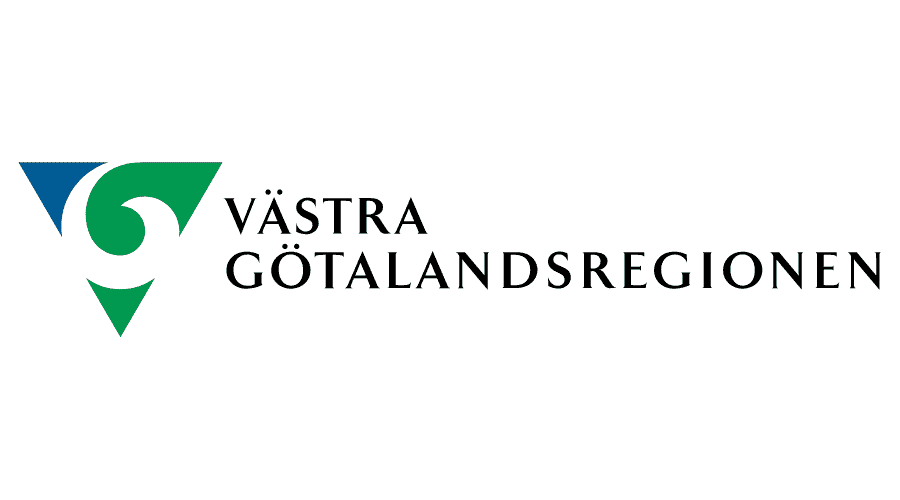
Short-term apprenticeship internships in Gothenburg, Västra Götaland
The Göteborgs Tekniska College/Göteborgsregionens tekniska gymnasium has apprenticeship participants on two-month international internships at Volvo Trucks Brisbane, Australia, as part of the Atlas internship program and within the framework of Erasmus+; Krones AS Regensburg, Germany, Simon Olot, Spain, Volvo Car Academy Gent, Belgium, Volvo Cars Madrid, Spain, Maserati, Modena, Italy. Over the past year, we’ve also had participants at Siemens, Graz, Austria, Eliet NV, Waregem, Belgium, Volvo Trucks, Gent, Belgium, BPA Utrecht, Netherlands, Braun, GIG, Stiwa Vöcklabruck, Austria, Ferrari, Maranello, Italy.
They cite the following perceived benefits from mobility opportunities for their VET students:
- The students have strengthened their social, intercultural, and technical development and gained a deeper understanding of leadership and organizational culture from an international perspective while at the partner organization.
- Acquiring advanced knowledge in technology development and leadership in an international environment through international internships is part of enhancing the students’ ability to function long-term in a sustainable, international, and multicultural environment, thereby increasing their employability, not only in Sweden ,but also internationally.
- International knowledge exchange is a prerequisite for participants to meet industry demands for competence and it enhances their readiness for changes in our world. Participating in this knowledge exchange and language immersion in another culture is extremely important.
- In Sweden and other nations, there is a shortage of engineers with longer experience and it is harder for newly graduated engineers to find jobs. Having some years of work experience before higher education may increase the likelihood of future employment.
Read more: www.gtg.se www.gtc.com
Moreover in another VET school in the region, SKF, students have this year completed 8 weeks of Erasmus+ international internships at SKF partner schools across Europe and the world, where they have worked on maintenance and programming, among other tasks. They have also had contact with SKF’s apprentice training and worked alongside them. As a result of these short term mobilities, students become more independent and open-minded. They get to know young people and adults in other countries, gain international references, and can bring back best practices.

EARLALL Works to track apprenticeship systems in Europe
Within the scope of the Working Group on Youth Policies and Skills and the Labour Market, EARLALL will launch a survey to track apprenticeships systems across its membership. The goal of this endeavour is to create common knowledge and exchange on the state of apprenticeships (from a legal and societal perspective). In June 2023, ILO tripartite constituents adopted the Quality Apprenticeships Recommendation (R208) which includes elements to both promote and regulate apprenticeships. The Recommendation defines apprenticeships, distinguishing them from other forms of work-based learning. It includes a framework for their regulation, with defined rights and entitlements for the protection of apprentices. It also defines the elements of apprenticeship agreements and the actions to be taken to ensure that apprenticeships are inclusive and non-discriminatory. Finally, it lists actions to be taken to promote the expansion of apprenticeships. The survey has been launched in April 2024 and results will be shared in the autumn of 2024. The work is also part of EARLALL’s commitment to the Pact for Skills, as it seeks to join as “Regions for Mobility”.
